Media Control in Korea: Who Holds the Remote?
- byT.Sapphire 💙
- 4 months ago
- 0 Comments
- 3mins
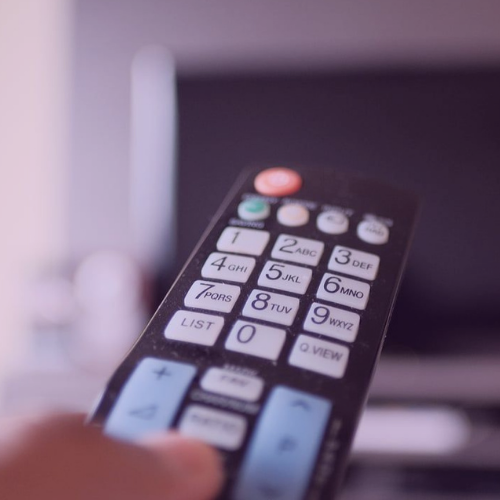
People in the United States are already accustomed to the media doing whatever it desires. The First Amendment acts as a protection for journalists: unless someone is slandering someone or inciting violence, the government cannot intervene. This is why American television, news, and even late-night hosts find it easy to make fun of politicians and political content almost any day of the week, right?
On the flipside, it’s a different story for Korea. Media may be free on paper, but there are very real rules and media watchdogs that regulate what goes on the screen. Here are facts about Korea's media control that will make you go “okayyyyy, that’s why”
Strict Censorship and Democratic Reforms
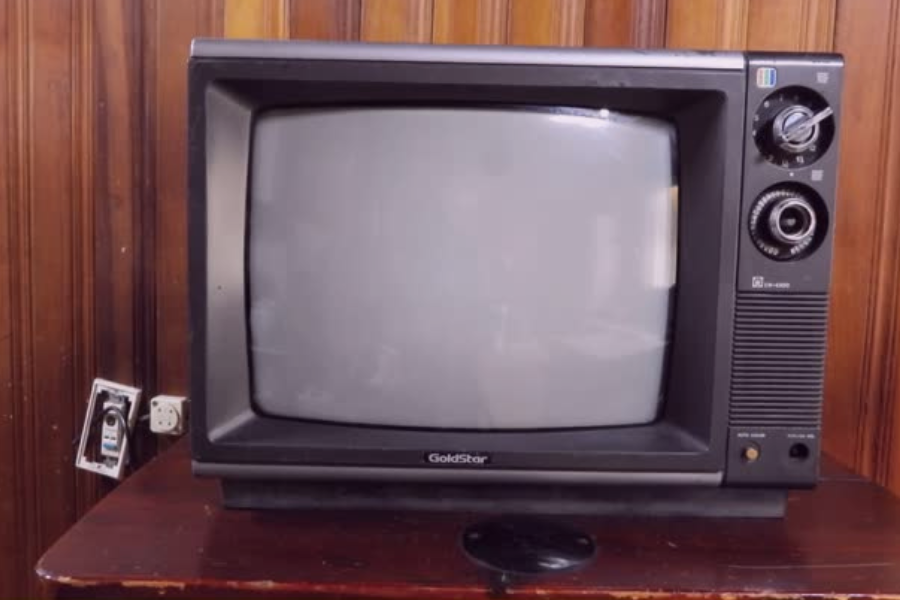
Korea did not always have media freedom in the way it currently has freedom today because media censorship was the rule during the military regimes of the 1960s-80s. The censorship of newspapers, broadcasters, and performers was normal. Songs could be censored for being "socially harmful," and dramas tried to refrain from making political comments. But with the change to democracy in the late 1980s, this changed. However, that does not mean regulation is completely gone; it just shifted to a more formalized regulatory system.
Who Regulates the Media Now?
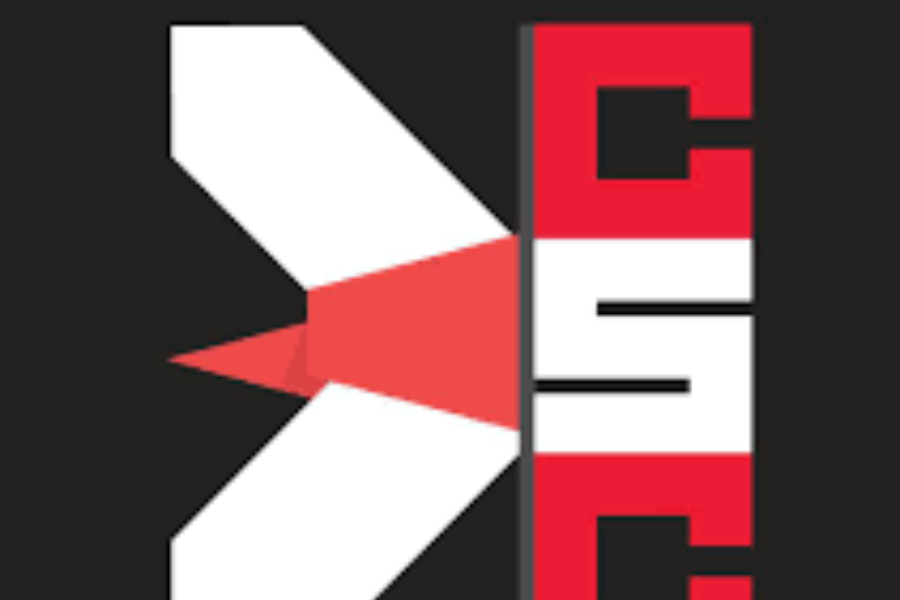
Regulatory institutions that monitor content in modern-day Korea include the Korea Communications Standards Commission (KCSC), which monitors TV, radio, and internet content, and defamation laws, which are stricter than is practiced within the United States. If the impact of the truth damages one’s reputation, the speaker can face consequences. This is why Korean news outlets and variety shows take a more cautious approach. You get it?
The National Security Act makes sure that anything that looks like you have sympathy toward North Korea can be ruled unlawful, regardless of the principle that you may not be intending political expression. Yes, it’s that deep. Finally, major broadcasters operate under strict regulations, and their ownership is usually tied back to large corporations or politics.
Streaming Regulations
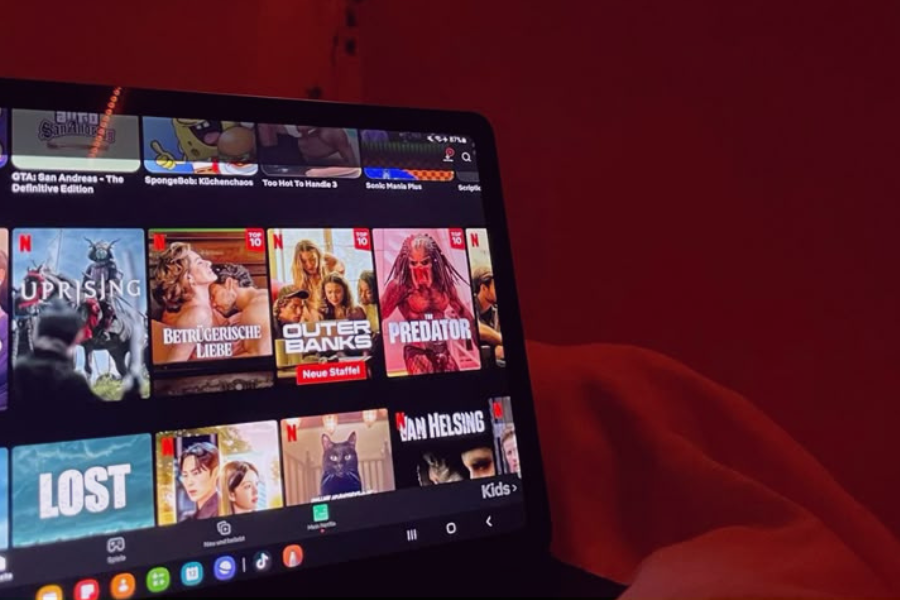
You may think that streaming platforms like Netflix and YouTube provide freedom of expression, and to an extent, they do because their approach does not follow the traditional television guidelines. However, Korean regulators have been moving toward tightening restrictions on usage.
Importance for Viewers
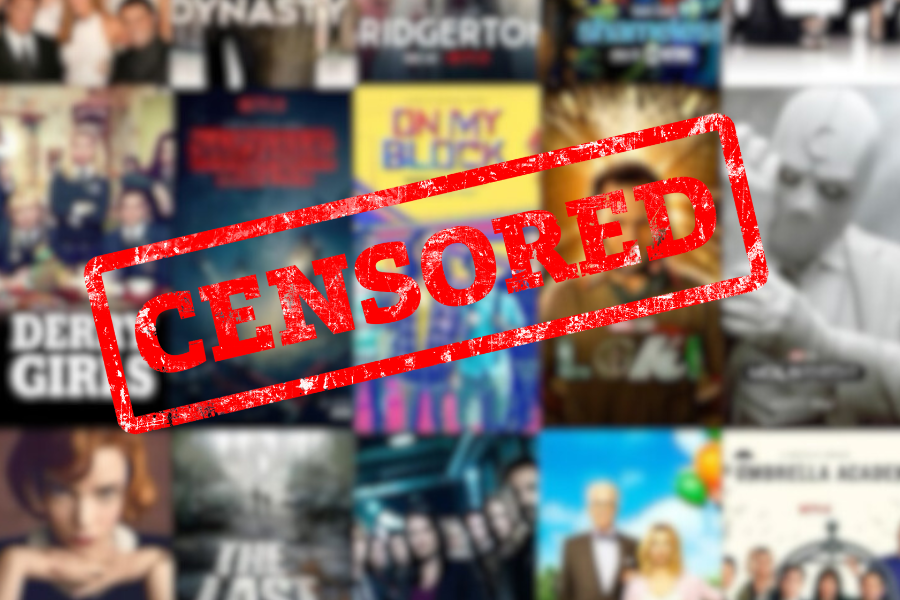
For us, the viewer, this explains why K-dramas sometimes do not mention real politics or why variety shows blur logos or censor jokes. The structure exists to keep media “clean,” limiting inevitable conflicts, but this could also signal less bold risks than Western audiences are used to.
Although South Korea, today, is distant from its past with heavy censorship; it is not the free-for-all that you see in the U.S. It simply balances freedom with regulation, and public opinion with governmental standards.
T.Sapphire 💙
T. sapphire is a writer who found her love for the Hallyu wave after watching the historical drama “Jumong.” She is mainly interested in Korean dramas and the history of Korea at large. Explore her pieces as she takes you on a journey through K-Drama recommendations and keeps you informed about the history of the Korean people.
0 Comment(s)
Related Posts
Daily Newsletter
Get all the top stories from Blogs to keep track.
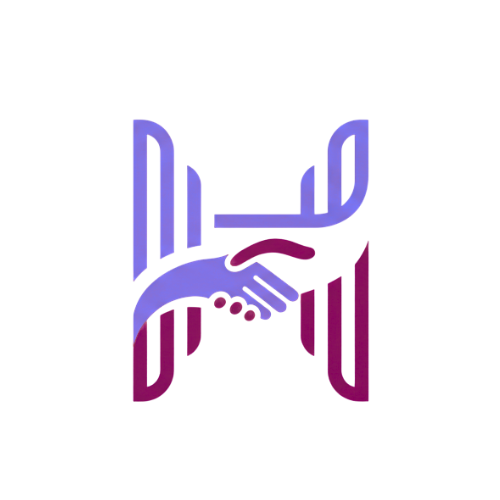
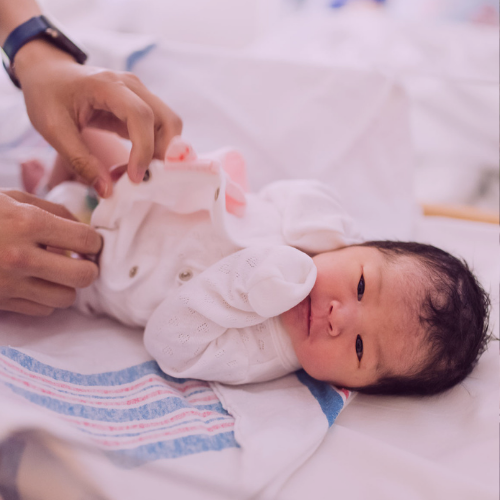
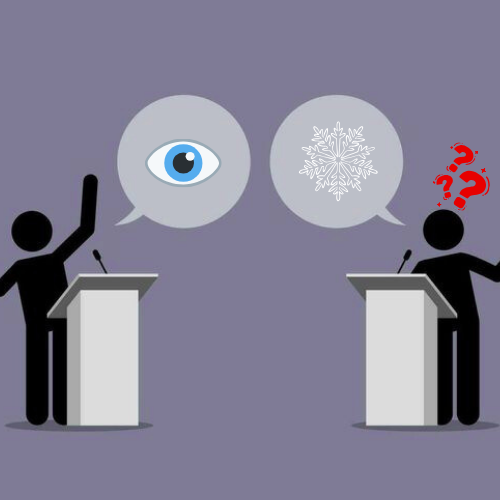


Leave a comment